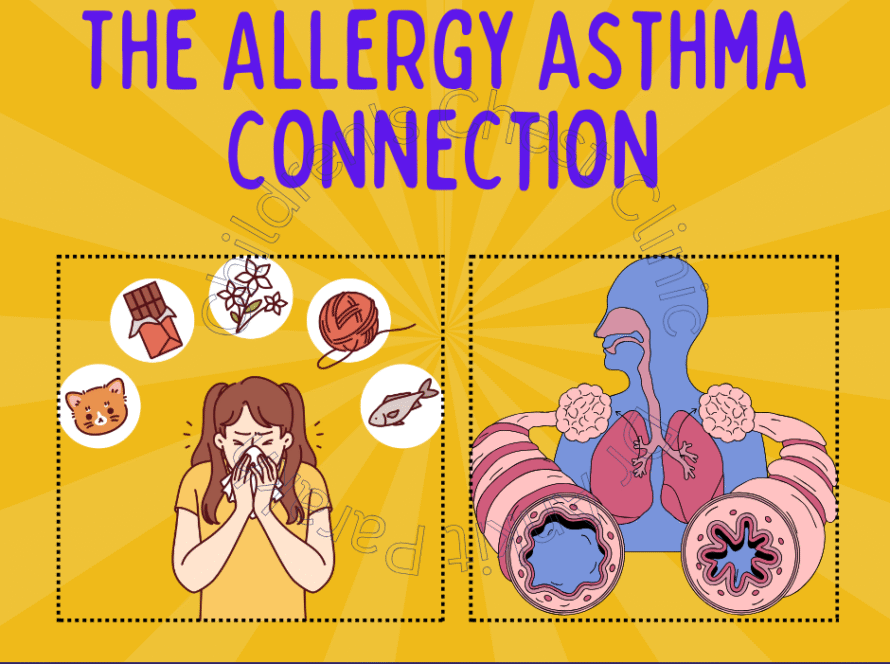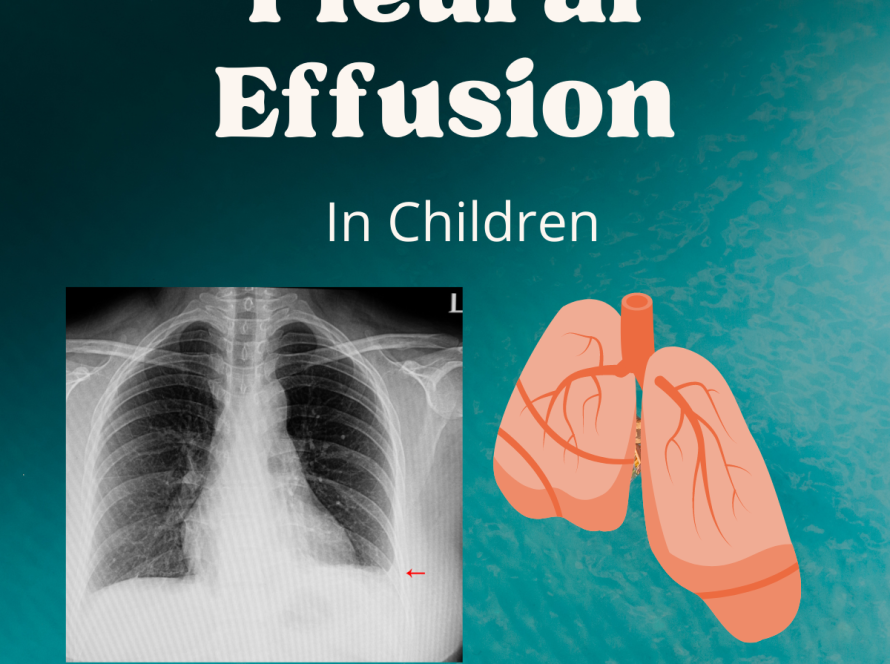Asthma is the most common respiratory disease seen world over. Asthma can present in many different ways. Children with asthma who have poor control over their symptoms get frequent symptoms at night (in addition to day time symptoms and on exercise). But some children have symptoms only at night, with no significant symptoms during the day. Symptoms of nocturnal asthma can make it difficult for a child or adult to sleep. These symptoms make a person feel tired and irritable during daytime due to inadequate sleep. It affects the overall quality of life.
What are the symptoms of nocturnal asthma?
The symptoms of nocturnal asthma are similar to usual asthma, but they are typically worse at night. The typical symptoms are coughing that makes it difficult to sleep, tightness in the chest, shortness of breath and wheezing (squeaky sounds that occur when a child breathes out due to constricted airways).

Why are Asthma Symptoms worse at night?
The exact reason why asthma symptoms are worse at night are unclear. It has been thought to be related to increased exposure to indoor allergens; cooler environment and hormone secretions in our body. Lower cortisol levels at night contribute to more inflammation and hence worse symptoms at night.
How is nocturnal asthma diagnosed?
Children presenting with asthma symptoms require a lung function to confirm the diagnosis. Spirometry can be done in older children and impulse oscillometry in younger children. Children with symptoms only at night can be sometimes difficult to diagnose. Daytime lung functions can be normal. Using a simple device called a peak expiratory flow (PEF) meter which measures airflow can be useful. PEF measurement can be taken during the day (morning and evening) and also at night when the child is having symptoms. Sometimes a trial of asthma medicines is required to confirm the diagnosis.
What are the other causes of breathing issues at night?
Other than nocturnal Asthma there can be other causes where children find it difficult to breathe at night. These could be obstructive sleep apnea, heart problems, confusional arousals and anxiety.
How is nocturnal asthma treated?
Children with nocturnal Asthma should be best treated with an inhaler steroid daily with an inhaler and spacer. This would reduce the inflammation and provide a good relief in symptoms. Taking daily oral medications, such as montelukast can also be an option. In some children with persistent symptoms a long acting bronchodilator like formoterol or salmeterol can be very useful. They can be used as a combination inhaler with inhaled steroids.
If your child is having any symptoms of breathlessness or cough at night you need to get in touch with a paediatric Pulmonologist for proper diagnosis of the cause and appropriate treatment.






